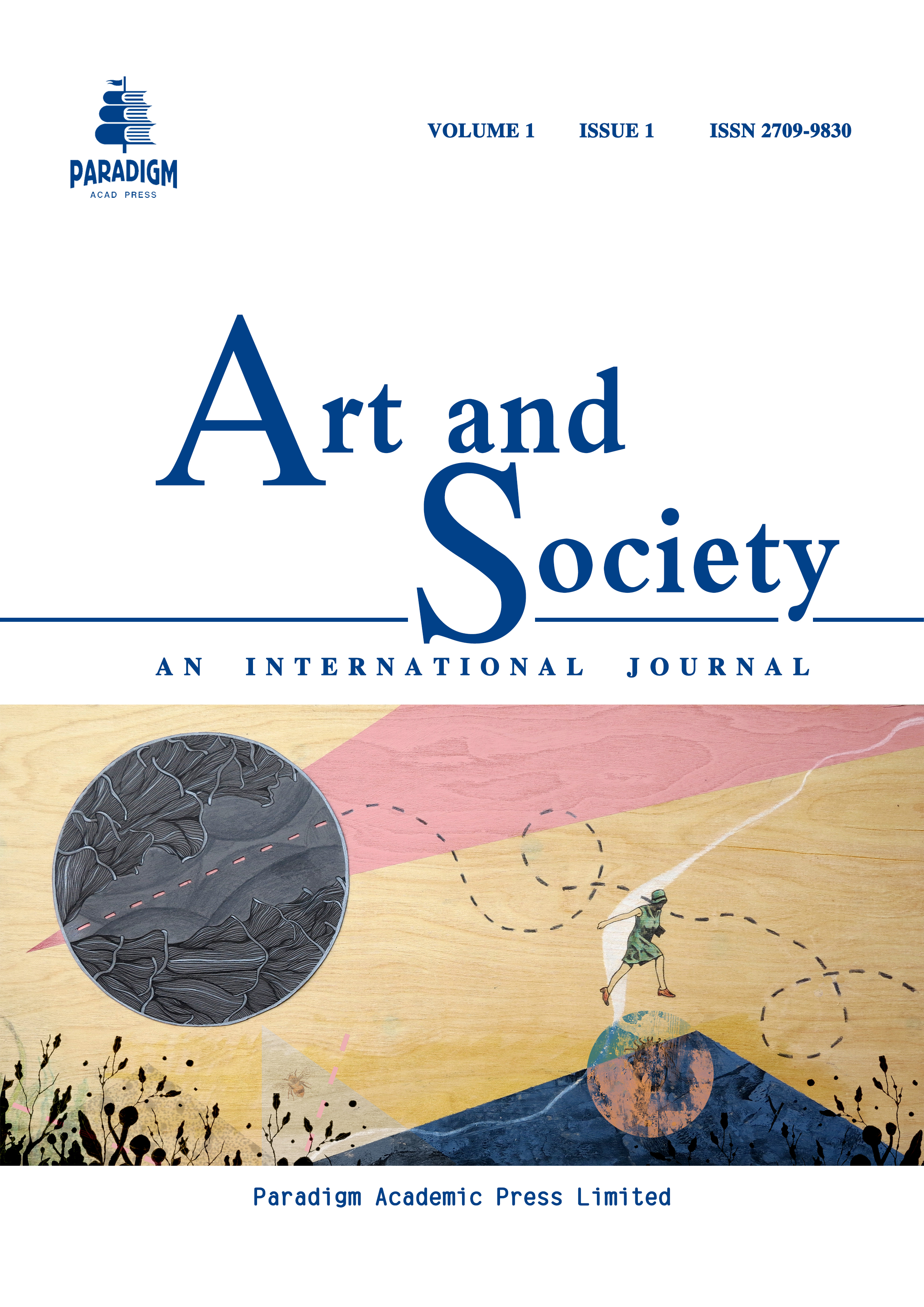The Cultural Semiotics of Intimacy: Family Roles in Elder Care Responsibility in Brazil
Keywords:
cultural semiotics of intimacy, familismo, elder careAbstract
This paper explores the cultural semiotics of intimacy in Brazil, focusing on the family’s role in elder care responsibilities. Rooted in the concept of familismo, elder care is framed as a moral and emotional obligation deeply tied to cultural values of reciprocity, respect, and collective identity. However, traditional caregiving models face significant challenges due to urbanization, shifting gender roles, smaller family sizes, and economic disparities. Women, who are disproportionately burdened by caregiving duties, experience both financial strain and emotional labor, exacerbated by limited access to formal care services. The study examines the intersections of gender norms, economic realities, and societal transformations, highlighting how cultural expectations are renegotiated in the face of modern pressures. The paper concludes by emphasizing the need for systemic reforms, including expanded public elder care services and equitable caregiving policies, to address the evolving landscape of family roles in Brazil while preserving its cultural heritage.



